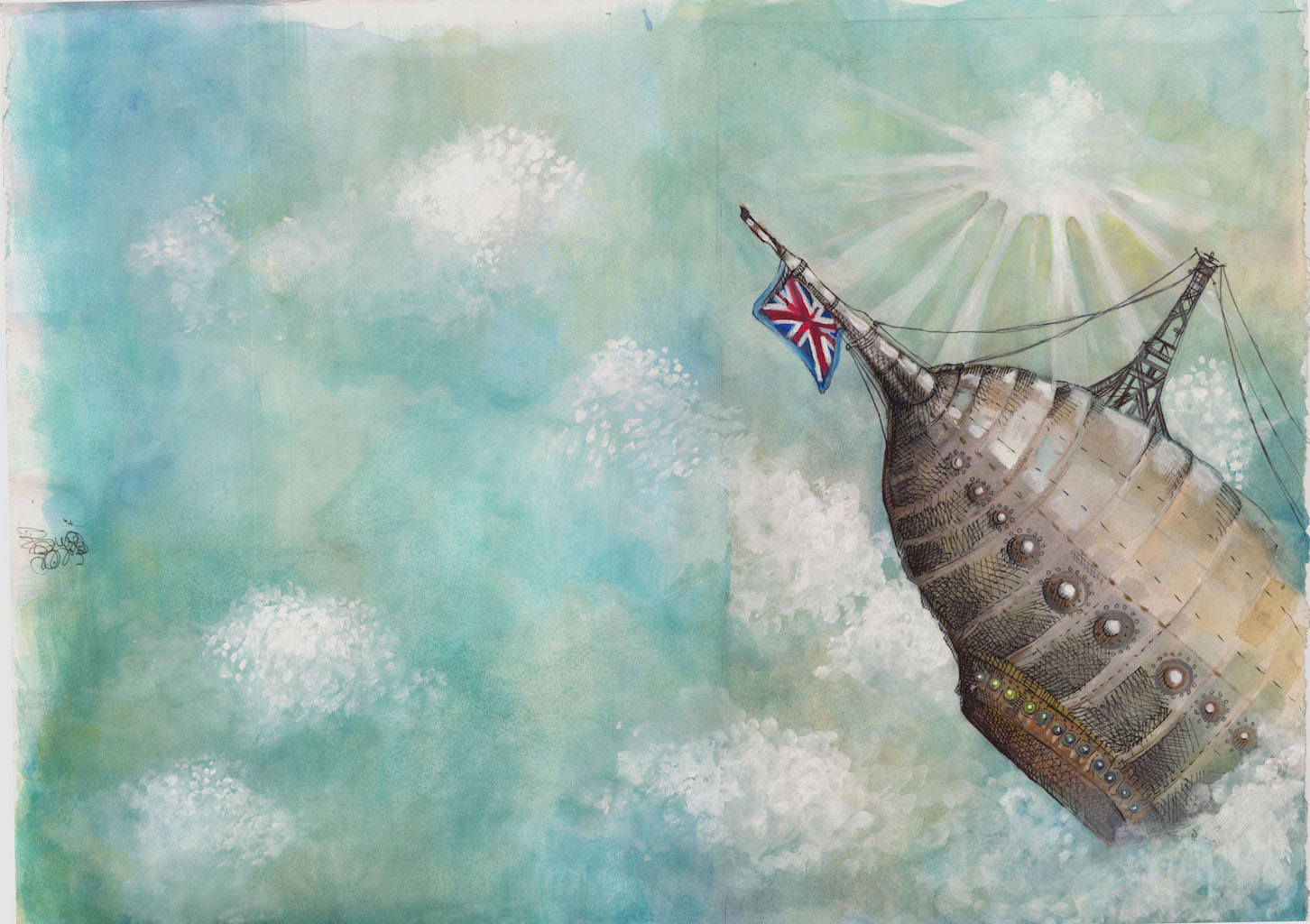Creativity on the Brain
Lately, I’ve been encountering discussions about creativity: what it is, how it works, how to be more creative. Some of it was on purpose, some of it was serendipitous. I know that lately, I haven’t felt as creative. I sit at my desk to write and I’m immediately out of the chair, trying to find some reason to not write. And those times that I do force myself to sit in the chair, almost nothing comes out. But yesterday, I spent about five hours at my desk and had a really productive day. I’m really eager to figure out how to even this out so it’s not feast or famine. My guess is this is what has pushed my interest in creativity.
Creativity as Magic
About a month ago, I listened to Big Magic: Creative Living Beyond Fear by Elizabeth Gilbert. I think the title accurately describes the tone of the book: creativity is magic. Ms. Gilbert tells us that the way to receive the magic is to basically get your butt in the chair so that you are available to listen to the creative voices in the universe and can be the conduit for them to manifest. It’s a little New Agey so that can be a little bit of turn off, but much of it resonated with me. The book is definitely more inspirational than instructional.
Creativity as Process
Last week, I listed to the Write Now with Sarah Werner podcast and her guest was Bob Stromberg. During the podcast, Mr. Stromberg detailed his process for creativity he called GIT for Grab things that interest you, Interrogate them, Transform them. The podcast is fascinating and thought-provoking and I encourage you to listen to it in its entirety here.
Creativity as Activity
Last weekend, we spent Saturday with our son and ended up spending time in a bookstore. I picked up Unstuck: 52 Ways to Get (and Keep) Your Creativity Flowing at Home, at Work & in Your Studio by Noah Scalin. This book is exactly what it promises: a series of little exercises that are meant to get you thinking differently (yes, Apple; that’s the grammatically correct way to say that!) and shift your thinking to make you more receptive. I haven’t actually had an opportunity to play with them yet, but the ones I’ve read look interesting and non-threatening. Most of the exercises I’ve read have a very small time commitment, so even if they don’t “work”, you haven’t invested enough time to be invested in the “success”
Which One Is Correct?
I’ve had experiences where I tend to think creativity is magic. For the last several weeks, I’ve been struggling with how to restructure a part of my new novel. I sat here for days and days, just staring at my screen. And then earlier this week while I was taking a shower to get ready for work, the solution became blindly obvious, like a bolt of divine inspiration.
When I was listening to the podcast this weekend, I realized that my first novel followed the GIT process. The thing that grabbed me was “What if Scotty was the primary hero of Star Trek and not Kirk?” I thought about this idea for several months because this was going to be my novel for NaNoWriMo (National Novel Writing Month), and then I transformed that thought in The Reluctant Captain.
And as far as activities, I participated in a number of them. One common trick is morning pages, an exercise from Julia Cameron’s The Artist Way. For morning pages, you write three handwritten pages of whatever is in your head right after you get up in the morning. They are good for getting the crap out of your head. I’ve keep falling in and out of the habit based on when I need to go to work. Natalie Goldberg suggests timed writings of first thoughts (no stopping, no crossing out, just moving forward) in her book Writing Down the Bones: Freeing the Writer Within.
I honestly don’t know what the secret is to creativity. I suspect that the real answer is part of all of the above. It is a mysterious thing so I definitely buy into the magical nature. But I’ve seen exercises and process lead to results. I also know that it sometimes happens when you don’t actively try to hunt it down. I honestly think that the way it works is that you have to show up at the desk (or studio, or rehearsal room) and try. Try anything. It could be just writing pages of what a horrible author and person you are and how you’ll end up living in a van down by the river. It could be repetitive scales. It could be an exercise.
My personal thought on creativity is that it’s two parts showing up and listening, two parts work, two parts leaving it alone, and one part coffee.
Until next time, happy journeys!
Mike
Read More
